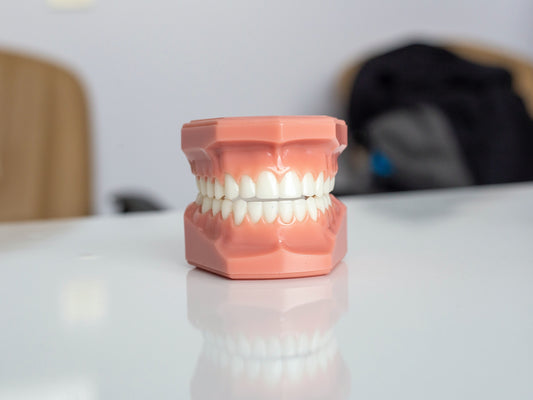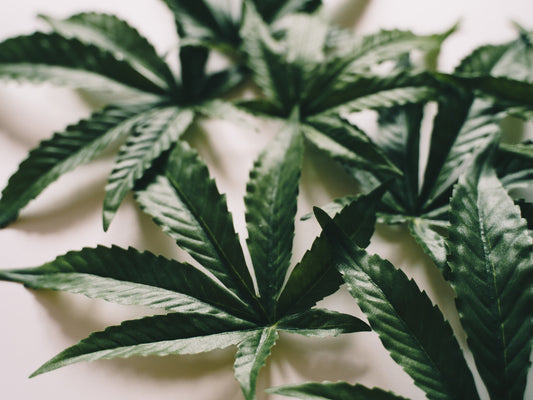It’s the latest supplement on everyone’s radar and it’s being marketed as a hangover cure, but the real question is, does it work? We tasked our research advisors from Oxford University to conduct a full literature review on the studies that have been done with DHM, and here we’ll reveal what we’ve found.
DHM stands for Dihydromyricetin, also known as Ampelopsin. It’s a natural extract from the Oriental Raisin Tree (Hovenia Dulcis), and has supposedly been used in Korea for years to help with hangovers. It is certainly a common ingredient in the many hangover cures you can find on shelves in South Korea today.
Does Dihydromyricetin (DHM) cure hangovers?
We reviewed 11 original research papers, and our conclusion is that there is no direct evidence linking DHM intake in humans with a reduction in hangover symptoms like headaches, fatigue, nausea and excessive thirst. Full disclosure: 3 of the papers were in Korean with English abstracts, so we did the best we could with that constraint!
Rather than tear apart every paper in detail here, (all of them are cited at the bottom of this piece if you want to dig deeper) we’ll run through some of the main issues with the research as it stands at the time of writing.

Testing DHM for hangovers with animals
Many of these papers were studies done on rats as an animal model. The idea being that you can assume whatever happens in rats will also happen in humans. For drugs, the FDA requires clinical testing on humans, but supplements play by different rules and are allowed to draw conclusions from animal tests because the language they use in their claims is vague. For example, a common phrase you’ll see used is “liver-boosting”. This doesn’t actually mean anything. You’ll also see the word “Helps…” in front of anything that looks like it could be a claim, rather than stating that it does specifically does that thing, e.g. “Helps accelerate the breakdown of toxins…”
Testing DHM for Hangovers on Humans
Humans are difficult subjects to study because there are so many variables in our lives (which is why lab rats make easier testing subjects). Hangover symptoms themselves are difficult to do a good experiment on as well because they are subjective - people report how they feel and that is an inherently qualitative measure. A few papers of our eleven did study the effect of DHM on humans and concluded that study participants reported better symptoms after drinking. So this study had 2 problems: very small sample sizes (just 26 men and no women), so it’s statistically difficult to draw a valid conclusion, and the subjective nature of subjects reporting how they felt.
What causes hangover symptoms?

We still don’t know with certainty what causes the symptoms of hangovers. It’s frustrating, because there are many plausible theories - but we simply don’t know for sure. We know that your body's metabolism is responsible for the processing of alcohol. One processing method for alcohol metabolism is via two enzymes—alcohol dehydrogenase (ADH) and aldehyde dehydrogenase (ALDH). These enzymes break apart the alcohol molecule in for example the liver and getting it out of your system. Excessive alcohol consumption mixed with bad nutritional intake, can decrease glucose reserves stored in the liver. Glucose is the primary energy source of the brain, so when this is reduced by alcohol, you might experience hangover symptoms like fatigue, weakness, and mood swings. But most of the papers we reviewed do not directly look at the symptoms of hangovers being reduced, but at factors that might cause hangovers. So it’s a leap in logic to say that an effect on that factor means that DHM is a hangover cure. Read this article to find out how you can stay hydrated while drinking alcohol.
Main research isn't about DHM in relation to hangovers
The paper touted by most of the brands pushing DHM products and by the media covering them is this one: “Dihydromyricetin As A Novel Anti-Alcohol Intoxication Medication”. It’s actually a really great piece of research. The problem is… it doesn’t cover hangovers! The research is on the effect of DHM as an ingredient to help people with Alcohol Use Disorder (in short, serious alcoholics) to withdraw from their addiction to alcohol.You experience alcohol withdrawal when there’s a lack of alcohol in the body, whereas you experience a hangover when your body is processing the alcohol out of your system. The word hangover is mentioned exactly 4 times in the article, and the sentence referring to DHM’s role in hangovers reads: “However, its [DHM’s] true efficacy, active constituents, and mechanisms of action have not been critically examined.” To reiterate, this paper is good science, but journalists aren’t doing their research and supplement companies are capitalizing on this.
Is DHM safe?
According to the media and DHM selling companies, this ingredient is FDA compliant, which simply means that the FDA has certified it as GRAS (Generally Regarded As Safe) in dietary supplements. The FDA does not stand by any claims on the effects of the products though. We were unable to verify this in the FDA’s SCOGS database, a database of all GRAS ingredients.
Conclusion: there lacks evidence for DHM to be a hangover cure
DHM is the latest trendy ingredient to be marketed as a hangover “cure”. Tradition from Eastern culture suggests there’s something to this claim, and some research has been done to start pointing in that direction. Unfortunately though, despite the hype, there is no direct evidence that DHM is a hangover cure.
Our philosophy at Hydrant is to keep an open mind, but maintain a healthy skepticism of hype and stick to the science. The only thing we know for sure about drinking alcohol is that it dehydrates you, since alcohol is a diuretic. The symptoms of dehydration are well documented and overlap with those of hangovers. So we just made the most effective hydration product we could, to solve for rehydrating you the best we can. We don’t add any extra vitamins, herbs or supplements. Only what you need to rehydrate fast. And while you're at it, find out here which drinking persona you are.
How dehydrating is my routine?
Party often? Some of us live a more dehydrating lifestyle. Take the quiz below to find the best Hydrant for your hydration routine.

















